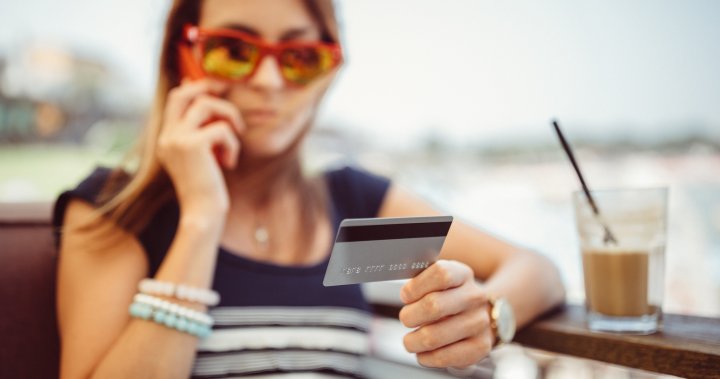
Travel industry seeing spike in scams. How to protect yourself while abroad
Global News
Losing a wallet and getting unsolicited calls claiming to be from your bank can be even more stressful on vacation. Here's what to keep in mind before going abroad.
Chloe D’Agostini was at a co-working cafe while living abroad when someone walked in, sat down beside her, and discretely stole her wallet from her bag.
The 30-year-old from Toronto said she didn’t notice her wallet was missing until 20 minutes later when she was packing up her bag to meet a friend for lunch. Footage from the cafe’s security camera later confirmed the theft.
Within a matter of 30 minutes, thousands of dollars were racked up on different credit cards.
D’Agostini then received a phone call from someone claiming to be from Apple stating they had noticed suspicious activity with her Apple ID and asked if she could download software so they could help. After a few minutes, D’Agostini thought the call was suspicious and hung up. Later she called Apple, who explained they don’t call without a booked appointment.
While theft and fraud happen everywhere, the challenge of experiencing it while travelling is that you might spend more time on the phone than soaking up rays at the beach, and you can’t pop round to your bank branch to sort it out in person. In other instances, you might get stuck dealing with an online travel scam before you even get to take off.
In TransUnion’s latest fraud report published in May, data shows that travel and industry saw a 59.9 per cent grow in digital fraud attempts for transactions coming from Canada and 13.3 per cent globally.
The increase in digital travel fraud can be attributed to the economy moving toward pre-pandemic levels, specifically in the travel industry.
“Canadians started to get more comfortable with the idea of travelling again and fraudsters caught on and directed their attention towards the activity spike in this sector,” said Ted Trush, director of Solutions Consulting at TransUnion Canada.
